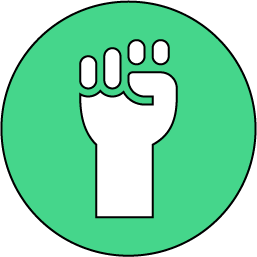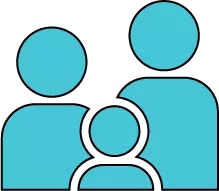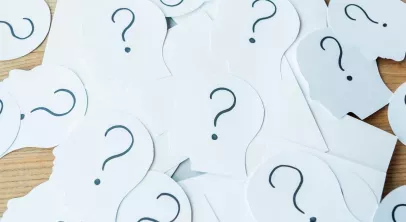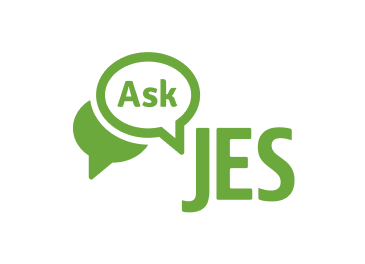Results (5)

Abortions in BC: Your Questions Answered
In British Columbia, you have the right to choose an abortion without parental consen…

When can I make my own medical decisions?
In British Columbia, there’s no set age for making your own medical decisions. If you…

Tattoos and Piercings: What You Need to Know
In British Columbia, there’s no legal minimum age for tattoos or piercings. However, …

Healthy and Unhealthy Relationships
Wondering if your relationship is healthy? This guide helps youth in British Columbia…

Age Based Rights
Discover your rights and responsibilities at each age in British Columbia—from school…
 Crime & Police
Crime & Police Money Stuff
Money Stuff Health & Sexuality
Health & Sexuality Legal Life Skills
Legal Life Skills Driving
Driving Family
Family Work & School
Work & School Housing
Housing Basic Rights
Basic Rights




